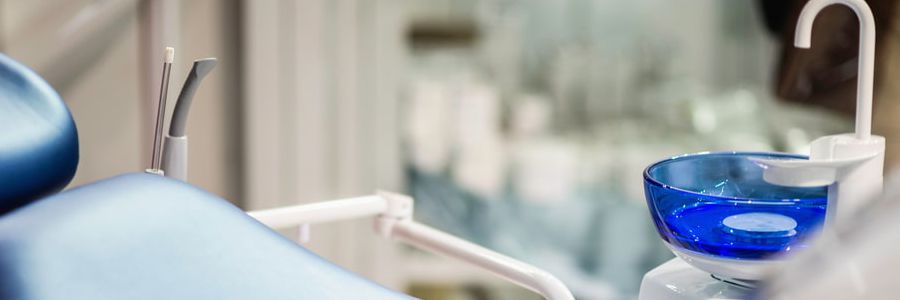If you’ve had poor dental treatment carried out on your teeth, it might be possible for you to bring a claim against your dentist. This will depend on the situation itself – evidence of negligence resulting in an avoidable injury will usually need to be provided.
For example, if your dentist made an avoidable mistake during a procedure, resulting in further dental issues, you might have a successful dental malpractice claim. Another situation in which you might be able to make a dental claim is if your dentist hasn’t fixed the original issue they set out to treat.
If your dentist performed the relevant procedure or treatment to a good standard, but it failed for another reason (for example, if you didn’t follow the aftercare instructions), it’s unlikely that you would be able to claim for dental negligence.
If you’re unsure about whether your situation would be classed as poor treatment, fill in our contact form and we’ll assess the situation for you.



